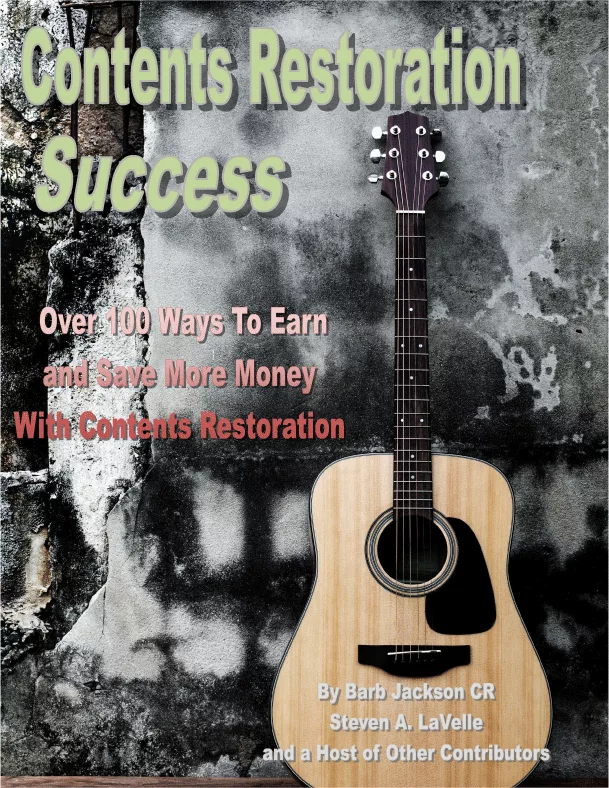Restoring Success: Three Banned Phrases in Business
Over the years, I have found three phrases, just a couple of words each, which are bad for a restoration or cleaning company. How bad can a phrase be? You might be surprised..
1. “It’s Fine.”
If a customer says, “it’s fine,” it means they will reluctantly accept the product, service or situation. They may like you and do not want to offend you or they may not want to be difficult. Do not mistake their passive acceptance of anything you do as meeting or exceeding their expectations. Unfortunately, at times, our very presence in someone’s home is an inconvenience as there may have been a disaster that caused our arrival. Equipment running, drywall removed, containment systems, it is not an ideal situation and you may get an, “it’s fine.” However, do not take that as a cue that your customer is just dealing with the inevitable. Take it as an opportunity to communicate and bring comfort. I caution you not to translate “it’s fine” as being thrilled and happy. If you render repairs, carpet cleaning and other services, an “it’s fine” could be an unhappy customer in disguise.
I had a first-hand experience that put this phrase on the most unwanted list. Somebody I consider a friend and is a very likeable person, rendered a service to me. I was not happy with the end result; however, I did not want to offend or be difficult. I told him “it’s fine,” but really, it was not. When it is relayed to me that a customer said “It’s fine” after the delivery of a service or product, I quickly explain that means they are not happy.
Fine is just not good enough.
2. “Do it like it was your own.”
The most well-intentioned leaders and managers will proudly exclaim this inspirational message. Some companies use it in their marketing messages. Standards and expectations can’t be established and upheld with this subjective goal.
The reality is you don’t know how they treat their own things. Accordingly, I am not impressed by an interviewee who says they approach quality by this standard. To avoid disappointment and quality control issues, define expectations and standards and ban this phrase.
As a mother of a teenage son, I can tell you I would never tell my son to clean someone’s house as if it were his own. His definition of “cleaning his room” is throwing out empty chip bags and shoving his clothes under his bed. The scent of Axe® cologne with a tinge of sweaty gym shorts fills the air of this “clean room.” On the other hand, he is masterful at cleaning – or actually detailing his car. Every product used is specifically designed to give the ultimate luster to each material, not one cinder can be found, I would eat off the floor of his car and I would tell him to clean a customer’s car as if it were his own.
3. “Almost Done.”
My personal most-despised saying is “almost done.” This phrase lulls one into a false sense of security. It is a false declaration of some type of progress or reaching the finish line. Nothing is done until it is done. “Almost done” gets nobody anywhere except leading to miscommunications and non-precise information.
Next time, someone says it’s “almost done,” ask what is remaining. Most often you will find there are five to 10 additional tasks or steps, some of which have their own implications and additional steps. A customer does not want a job “almost done,” the adjuster does not want a certificate of “almost done,” they want a certificate of completion. Completion means done.
Team Member 1: Is the job done?
Team Member 2: Yes, almost done.
Team Member 1: What has to be done?
Team Member 2: Some touch ups, a door knob, install a door, and final clean.
Team Member 1: Do you have the door knob and door? Did you schedule the final clean?
There are times for the good of company culture and effectiveness of the operations, a phrase or word must be banned.
Share your comments and your prohibited phrases with R&R readers by commenting here or on our Facebook, Twitter or LinkedIn pages.
Looking for a reprint of this article?
From high-res PDFs to custom plaques, order your copy today!






